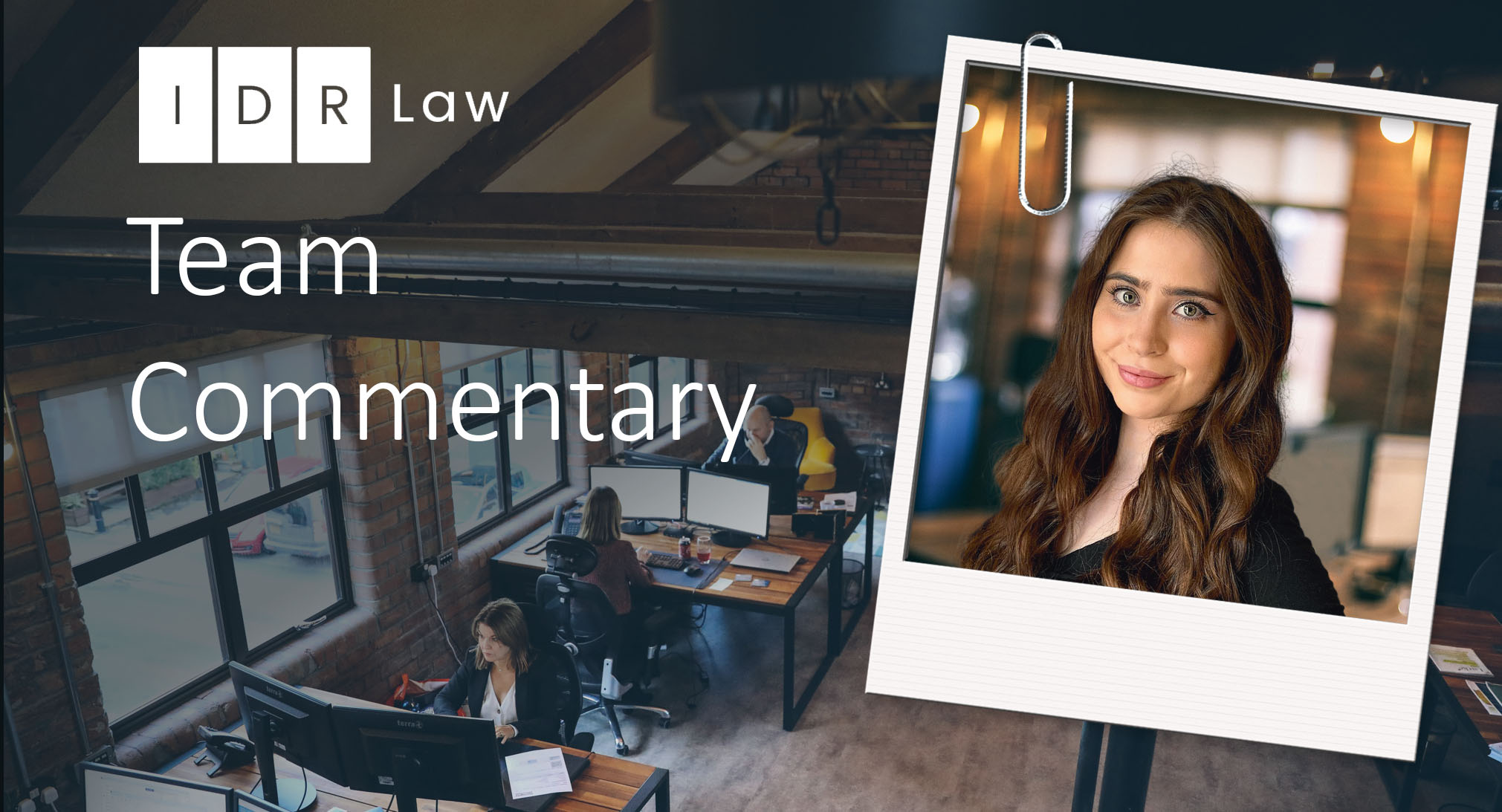Reeves vs Drew gets costly

Over a month on from the judgment decision in Reeves v Drew & Ors [2022] EWHC 159 (Ch), it has been reported that the Deceased’s daughter Louise (the Claimant in the case) has been ordered to pay a substantial portion of the legal costs incurred by her siblings.
Case Background
The case surrounded a claim by Louise to prove the validity of a Will that she purported was created by her father (Kevin Reeves) in January 2014. The terms of the 2014 Will were to leave Louise the majority share in the estate, some 80%. Mr Reeves estate was considered to hold a value of approximately £100 million.
In response to the claim, Louise’s siblings raised a defence to prevent her from upholding the 2014 Will, instead looking to revert to a previous 2012 Will. The 2012 Will left the estate more equally between Mr Reeve’s children.
It was found by the court that that Louise had pulled the wool over her father’s eyes, and that due to several factors, including his illiteracy, it could not be demonstrated that he knew and approved the contents of his last will.
The Cost Position
Of course, there are many factors which can determine the outcome of costs in a case like this. However this is a clear demonstration of the principle that, generally speaking, the loser pays the winner’s costs.
Although we are not privy to the precise order made regarding costs, it is a reminder that parties should be wary about taking a case to trial on the basis that they could be ordered to pay a large proportion of the other side’s legal costs if they were to lose.
In this case, as Louise will still receive a substantial sum from her father’s estate she may feel it was worth the risk. However in a case with a lower estate value, or where the parties are not wealthy in their own right, they ought to consider carefully before proceeding. Especially if one or both sides would be unable to pay for their own legal costs or those of the other side from their own funds (not those held within an estate) if they were to be ordered to do so.
It is therefore important in cases like these that legal professionals are mindful of advising their clients about the potential cost implications, including the risk that the client could be personally liable for those costs.
Going to trial is never attended with certainty, and despite one side believing that they have a strong case, this may not be a view shared by the court on consideration of all the available evidence. Although mediation and the making of early settlement offers will not be appropriate in every case, it is important that clients are always advised of the advantages of seeking an early settlement as well as the potential risks on costs if they do not do so.
Georgina Coates, Solicitor

